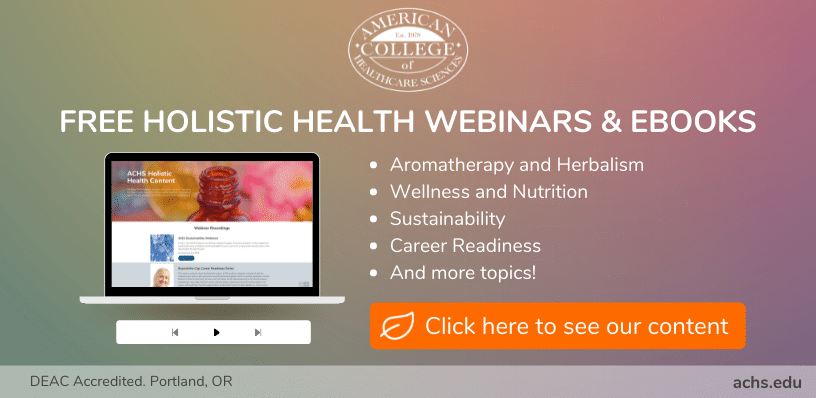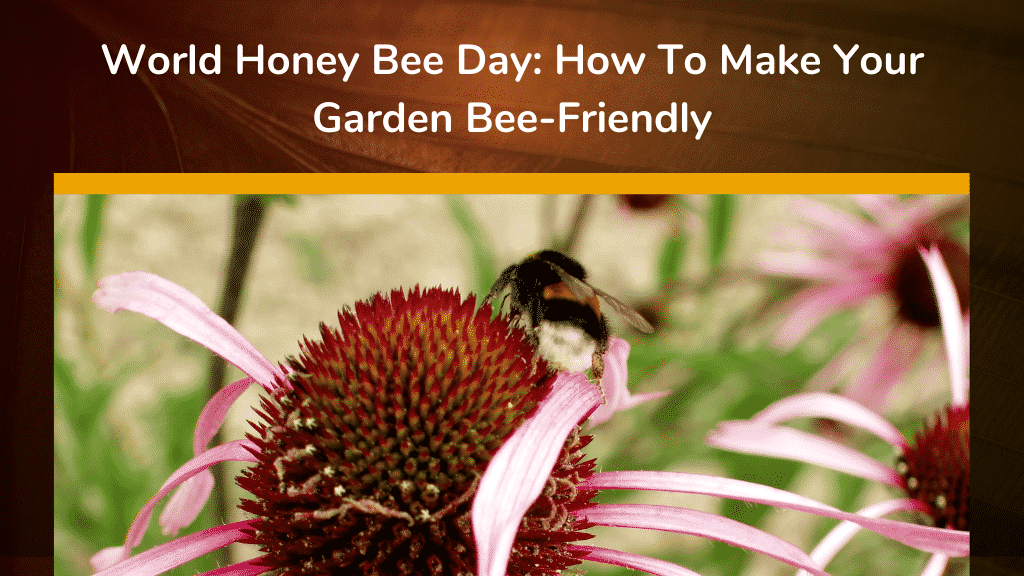
This weekend on August 21st is World Honey Bee Day! If you didn’t already know, the honey bee is one of the world’s most important pollinators. They are responsible for pollinating 180,000 plant species and can pollinate 2,000 flowers in one day! (Planet Bee Foundation). Without pollination, many plants wouldn’t be able to produce fruits or vegetables.
We really depend on honey bees and in fact 75% of leading food crops globally depend on bees to pollinate them (Planet Bee Foundation).
Sadly, according to the U.S. Department of Agriculture, “Beginning in 2006, experts noted significant yearly declines in honey bee colonies.”
If you aren’t a Beekeeper or bee expert, you might think there’s nothing you can do to help. But that’s not true. A recent study shows that bee populations could bounce back if we plant more bee-friendly plants in our gardens.
According to the study, “if enough home gardeners plant targeted plants, the bees’ habitat loss will be mitigated, and the bees will show up.”
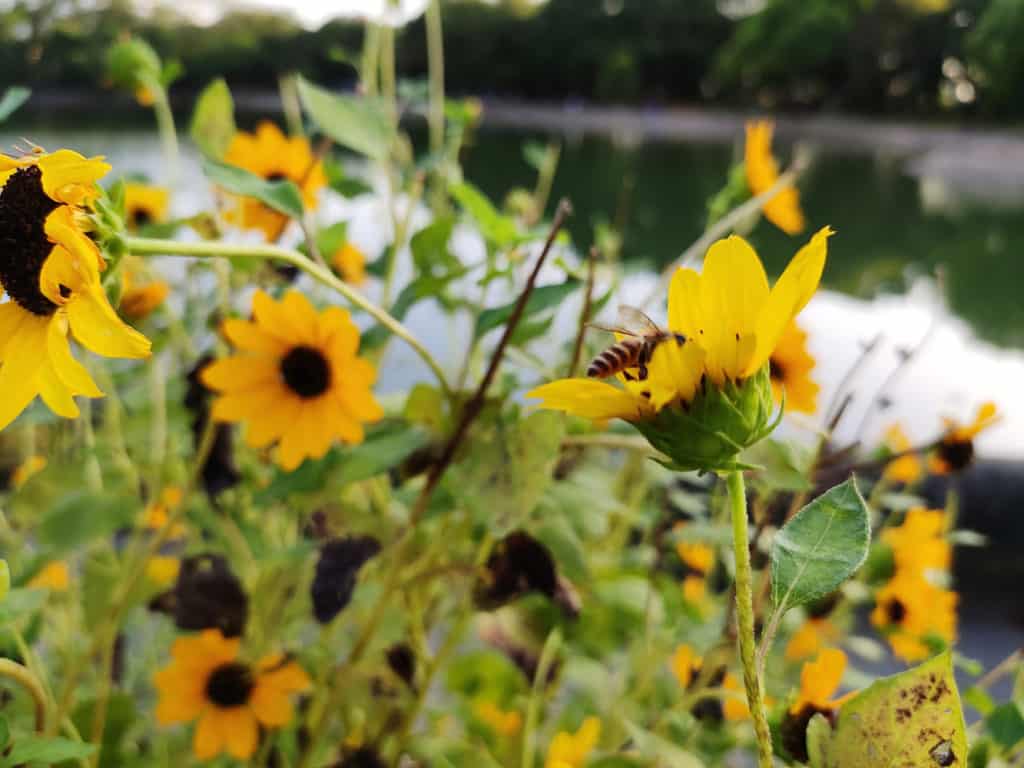
Planting Your Garden
Make sure to choose plants that are native to your area! It’s important not to plant something that is considered an invasive species in your area or it could do more harm than good. For example, Forget-Me-Not flower is bee-friendly but is banned in Massachusetts for being a noxious weed.
An online search is usually all that you need to determine what bee-friendly plants are best for your area. Since we are located in Oregon, some of the pollinator plants we could choose from are:
- Yarrow Achillea millefolium
- Sunflower Helianthus annuus
- Sumac Rhus glabra
- Black-eyed Susan Rudbeckia hirta
- Bigleaf Lupine Lupinus polyphyllus
If you aren’t sure whether something would be a good fit for your garden, you can check with your local nursery or garden center.
Happy planting! Let us know in the comments what bee-friendly plants you are hoping to get, or what plants you already have in your garden.
About American College of Healthcare Sciences
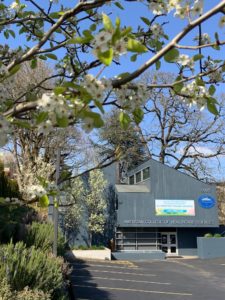
This commitment to our students and graduates reflects in our current survey results that reflect 98% of our students would recommend ACHS to a friend or family member.
We believe education is the most powerful tool for changing an individual and the world around us.
When a person enrolls as ACHS, it is vitally important that they graduate with tools they need to forge their own holistic and sustainable missions, build up their communities confidently and changing the face of healthcare with knowledge.
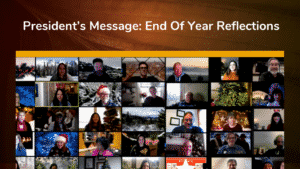 President’s Message: End Of Year Reflectionsby American College of Healthcare Sciences●December 31, 2020
President’s Message: End Of Year Reflectionsby American College of Healthcare Sciences●December 31, 2020 Student Highlight: Wife and Husband Team Start New Businessby American College of Healthcare Sciences●December 22, 2020
Student Highlight: Wife and Husband Team Start New Businessby American College of Healthcare Sciences●December 22, 2020 Student Highlight: Holistic Health, Gratitude, and Smoothies |achs.eduby American College of Healthcare Sciences●December 17, 2020
Student Highlight: Holistic Health, Gratitude, and Smoothies |achs.eduby American College of Healthcare Sciences●December 17, 2020 3 Tips For Building Better Habitsby American College of Healthcare Sciences●December 10, 2020
3 Tips For Building Better Habitsby American College of Healthcare Sciences●December 10, 2020
